In a move that’s captured the nation’s attention, the Tennessee Senate has green-lit a groundbreaking law, SB 1325, by a notable margin of 26-5.
This law would allow certain teachers to carry concealed weapons within K-12 schools, stirring a whirlwind of reactions from all sides of the political arena. It’s a pivotal moment that places Tennessee at the heart of the ongoing debate on how best to ensure our schools remain sanctuaries of safety and learning.
In the Shadow of Tragedy
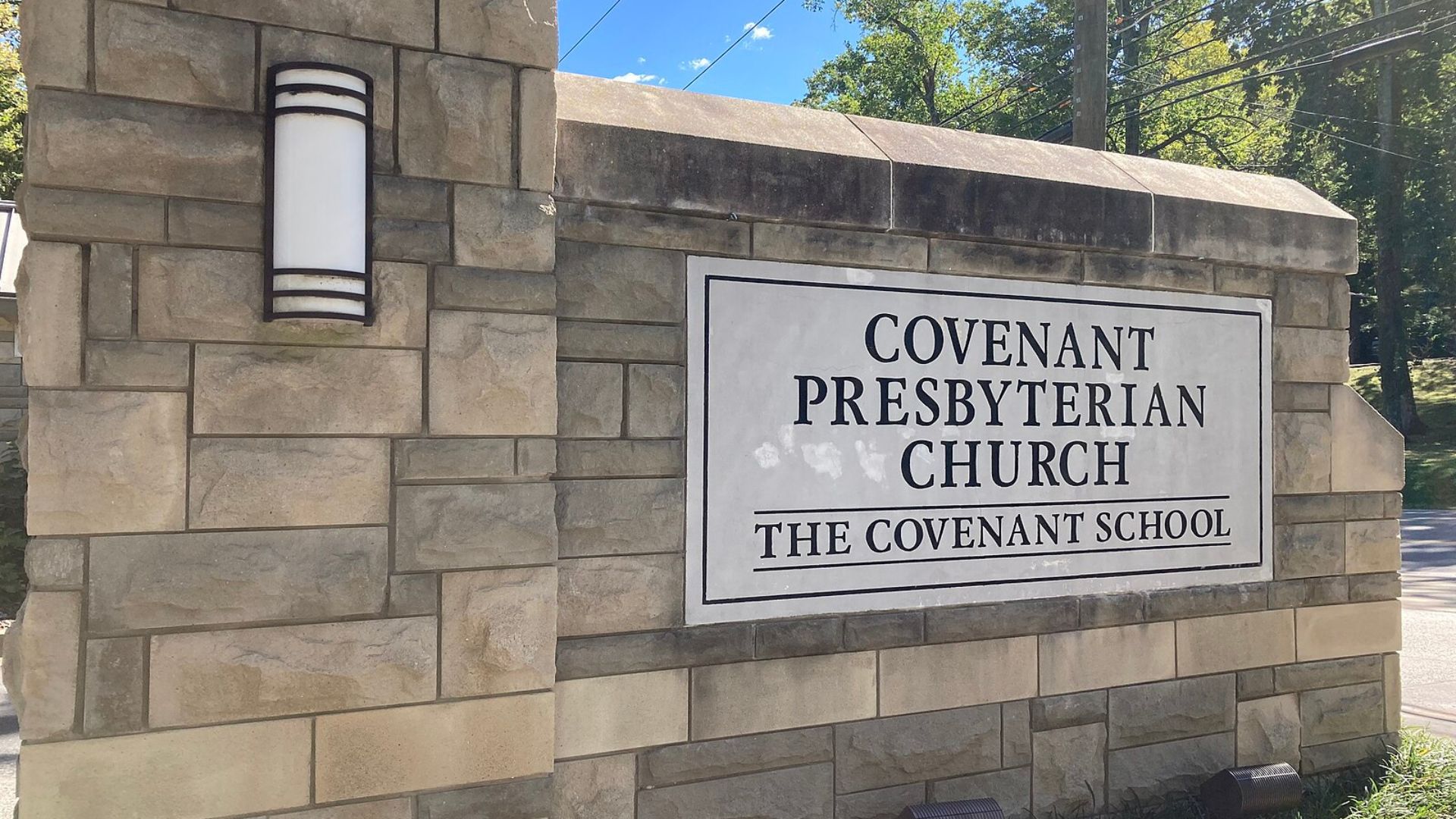
Marking a somber anniversary, this legislation arrives a year after the devastating shooting at The Covenant School, claiming the lives of six, including innocent children.
The Daily Mail reports that the law seeks to strengthen school security, sparking a fiery debate on the most effective means to protect our educational spaces from such unthinkable events.
Voices Rise in Opposition
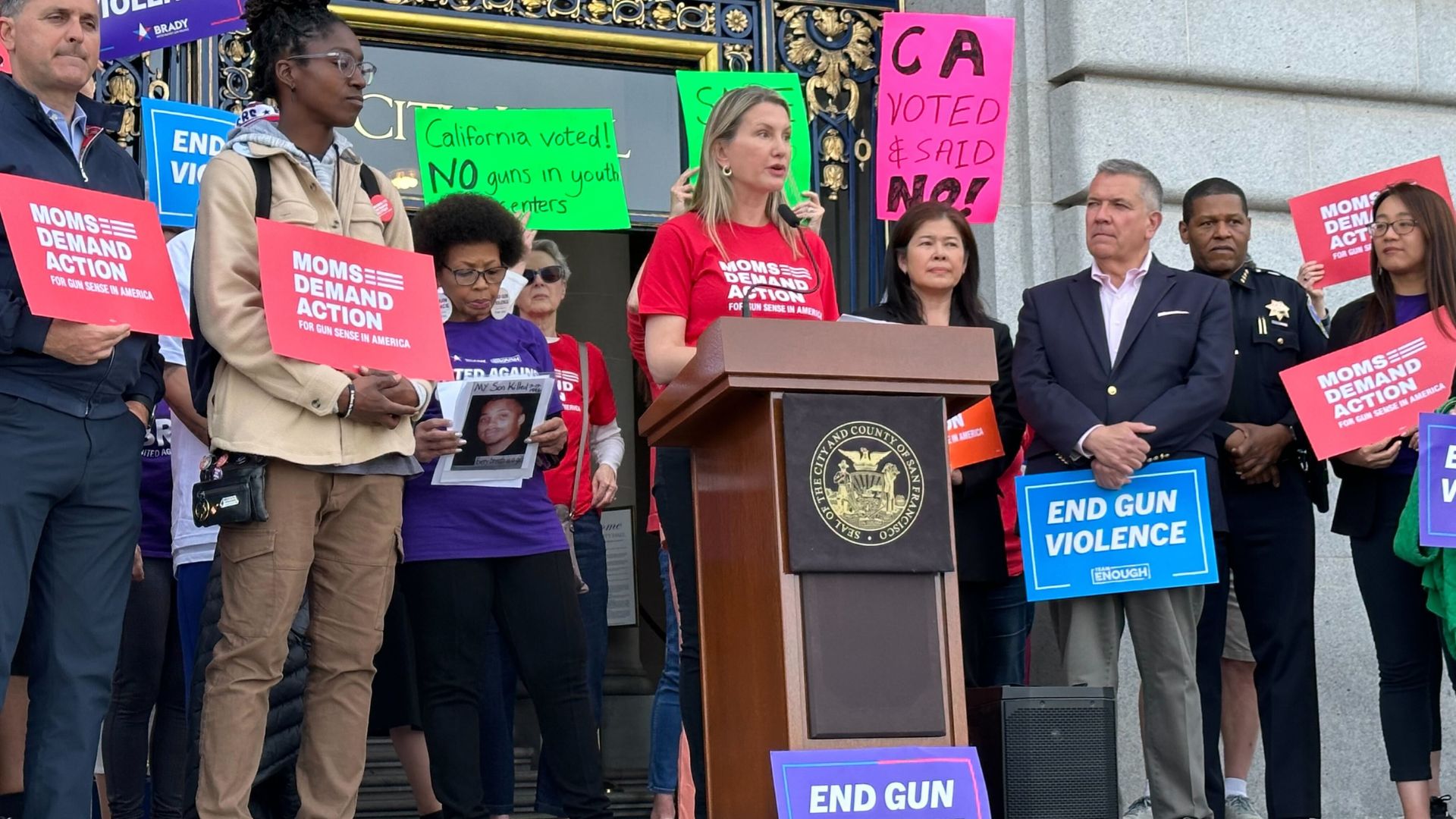
The air was thick with dissent at the Capitol in Nashville as around 200 activists rallied against the bill, their protests echoing through the halls.
The atmosphere charged with tension, some were escorted away by security as their cries of “Kill the bill, not the kids!” sought to sway the hearts and minds of those within hearing distance.
A Rift Emerges
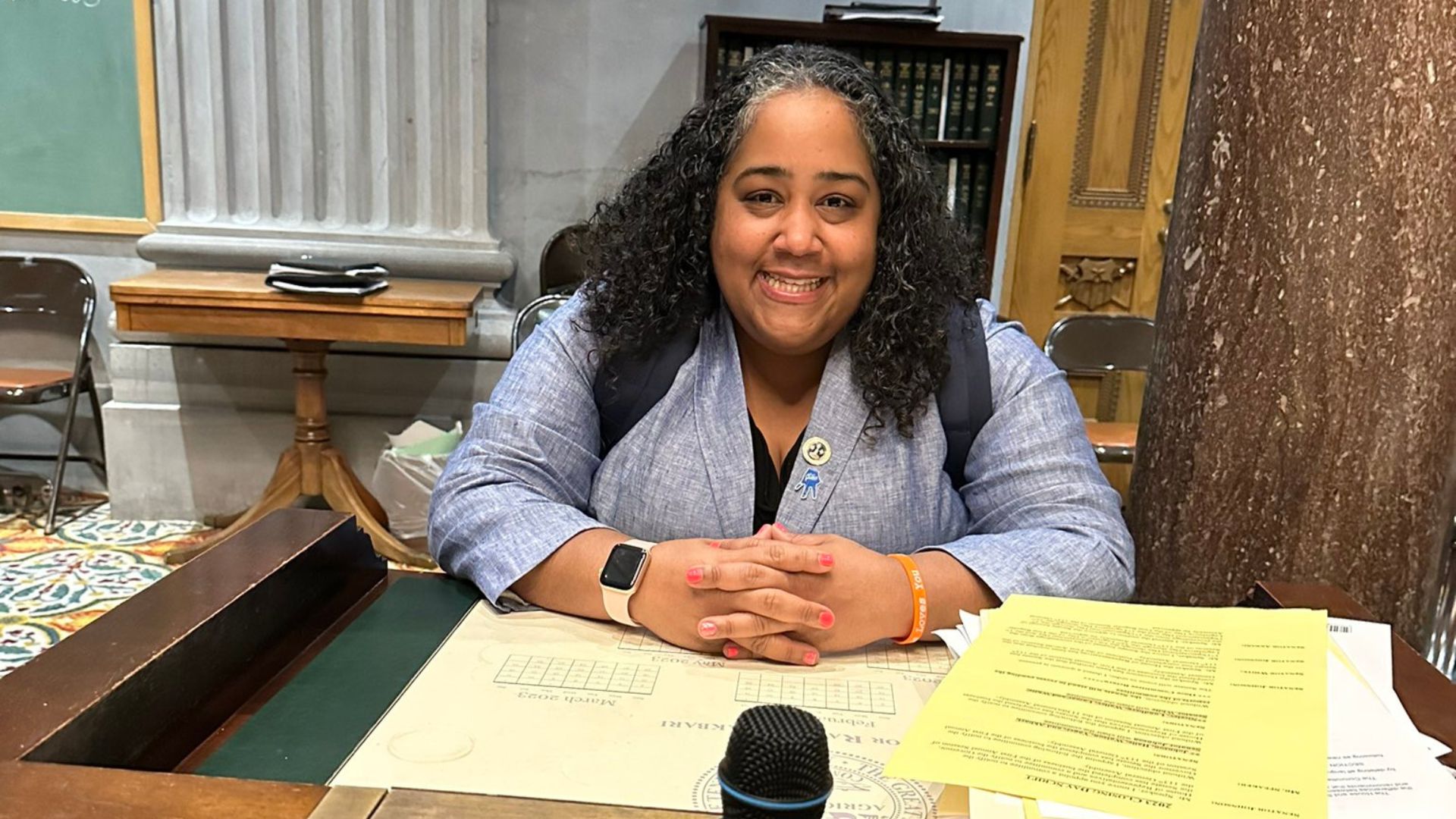
The debate on SB 1325 has unveiled a deep chasm of opinion among legislators and citizens alike.
Critics, including Senator Raumesh Akbari, highlight a stark contrast in values, saying, “A teacher is not allowed to put a rainbow flag on her desk, but she’s allowed to carry a gun in this state.”
Setting the Record Straight
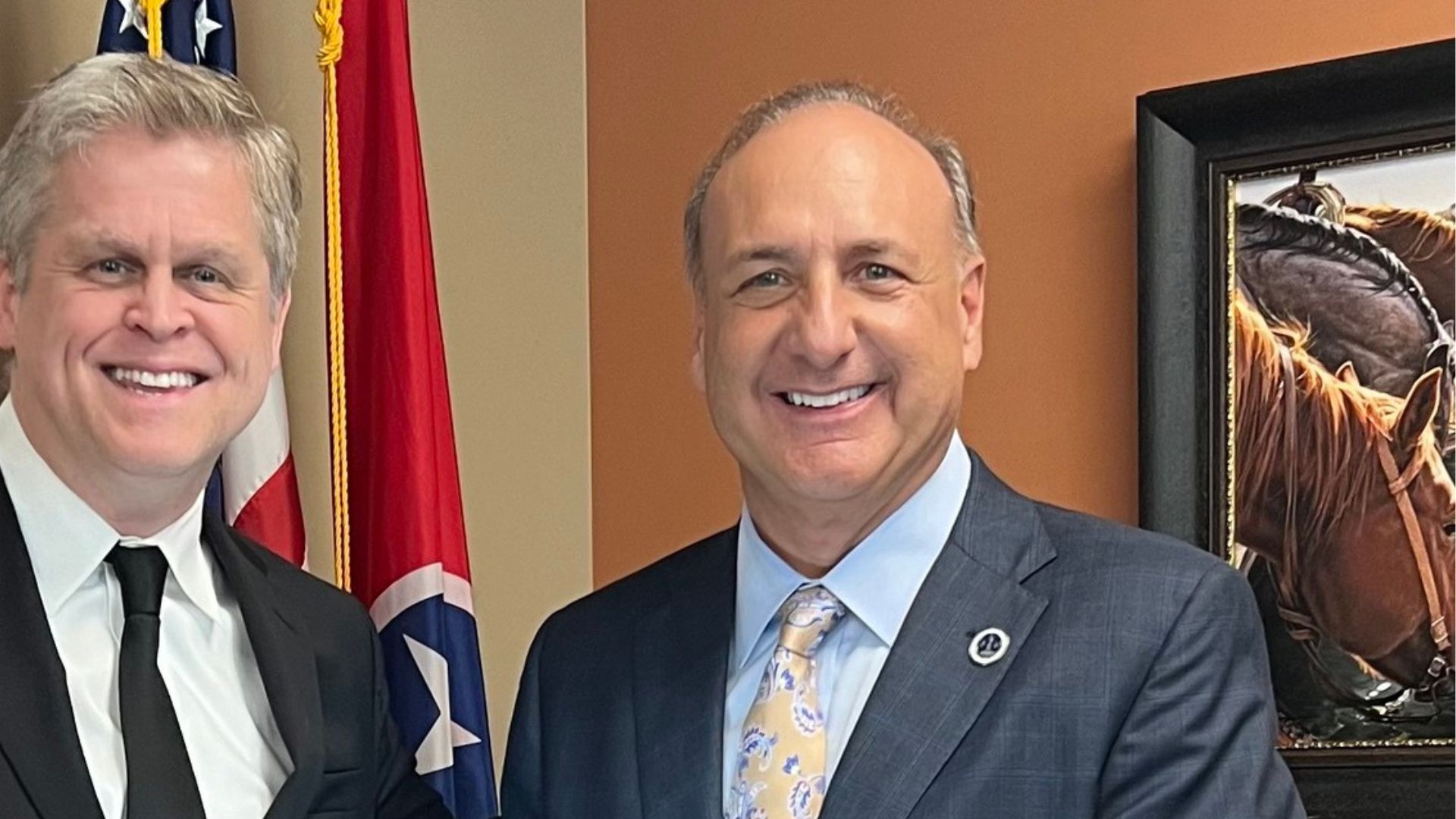
Amidst the uproar, Senator Paul Bailey, one of the bill’s architects, stepped forward to clarify its essence, asserting that there is “a lot of misinformation” about the legislation, which “does not require any teacher in this state to carry a gun while working.”
He added, “This bill is completely permissive. It simply gives a faculty or staff member the option.”
A Mother’s Concern
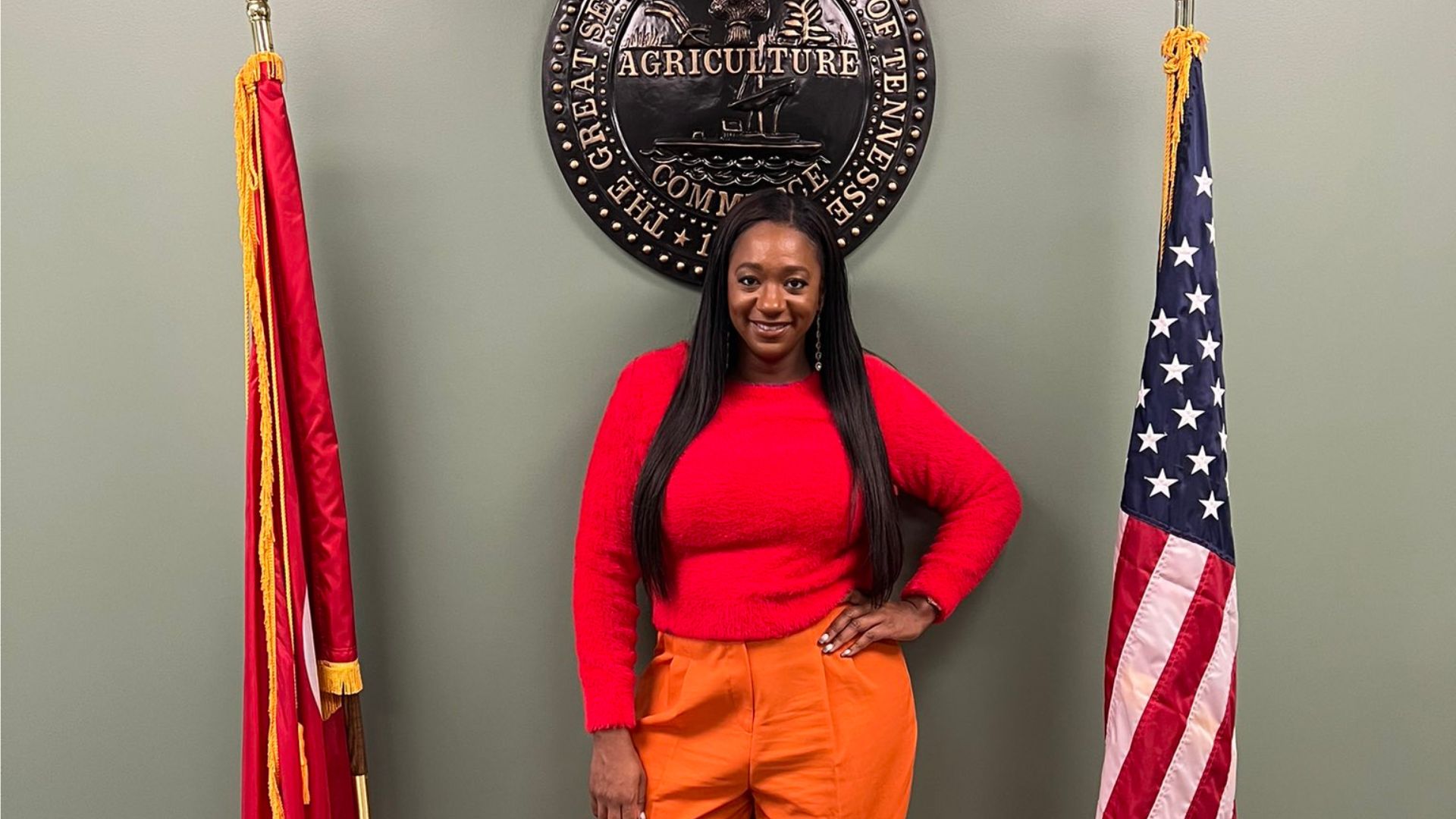
The debate took a deeply personal turn as Senator London Lamar, cradling her infant son, voiced her opposition.
She urged that “common sense” was used, and added “We are literally talking about arming educators, who took an oath to teach our kids writing and arithmetic … and we’re now turning them into law enforcement agents.”
A Rural Dilemma
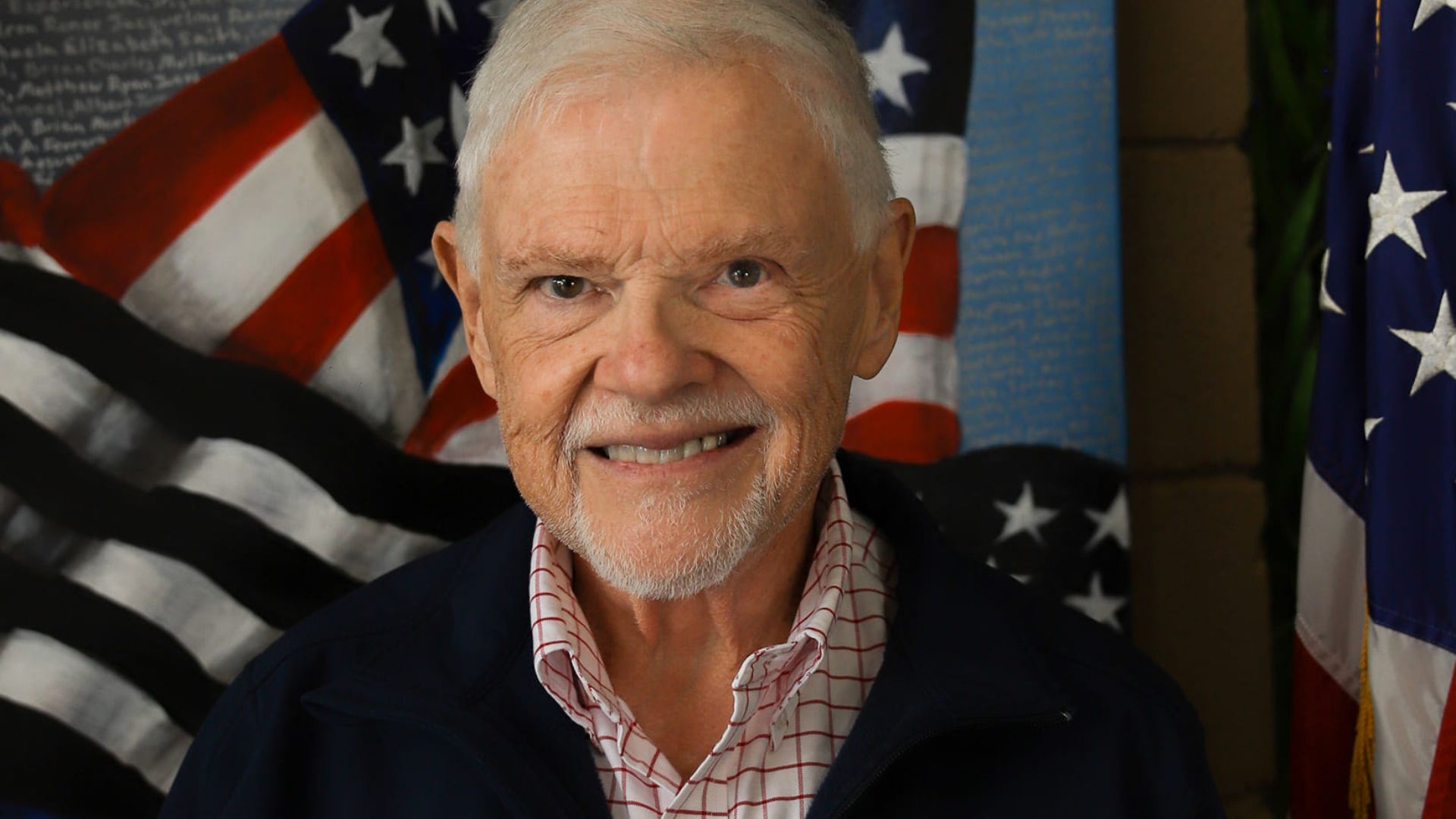
Senator Ken Yager brought to light the unique predicaments faced by remote communities, highlighting the minimal law enforcement coverage in such areas.
His support for the bill is rooted in the belief that it offers a necessary shield for schools that find themselves vulnerable due to their isolation.
Through the Storm of Protest
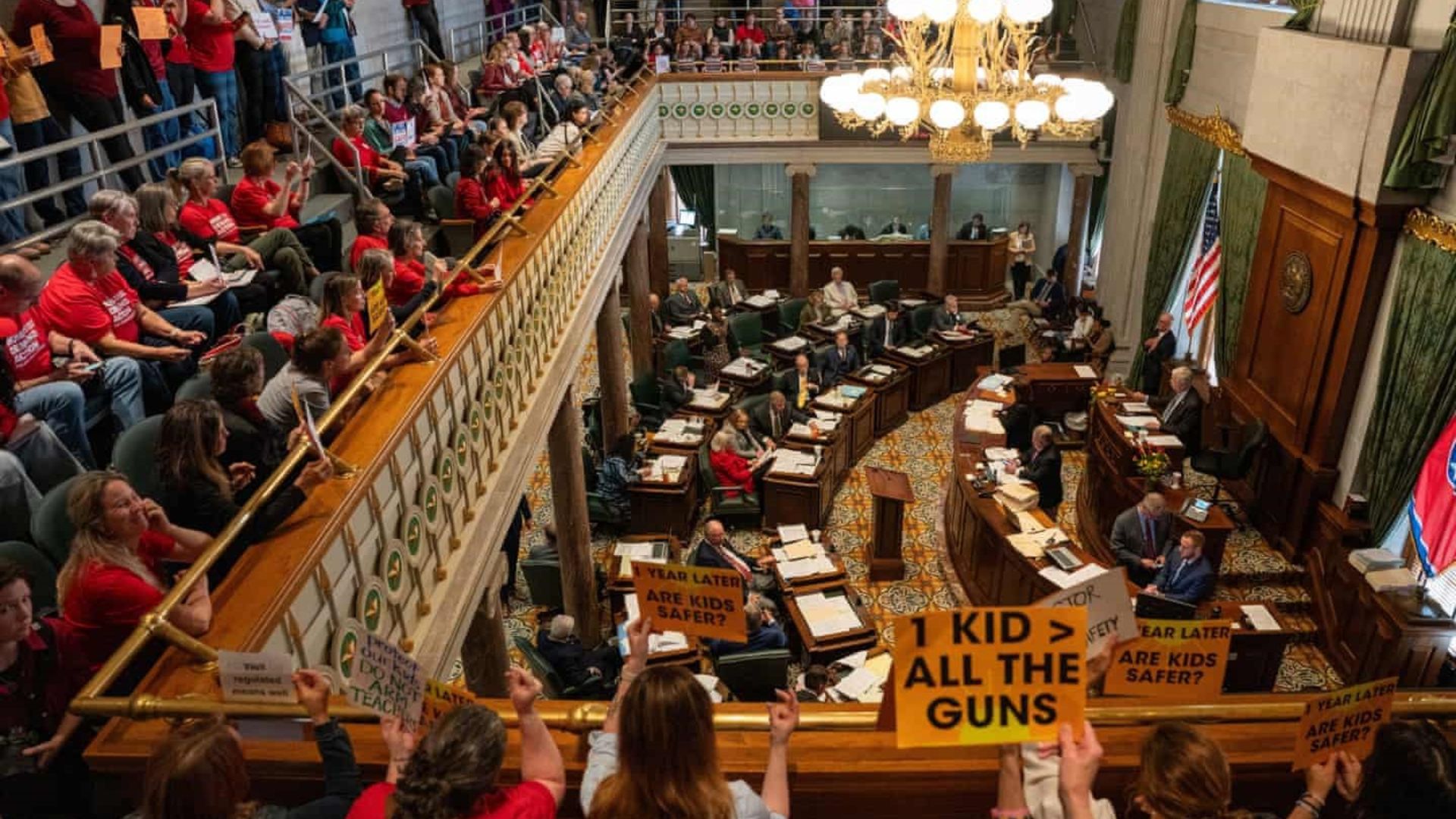
Despite a chorus of disapproval and chants decrying the lawmakers’ decision, the Senate pressed on to pass the bill.
The immediate aftermath saw a wave of opposition, with voices rallying to “vote them out,” a testament to the deep divisions this legislation has carved.
A Bill in Limbo
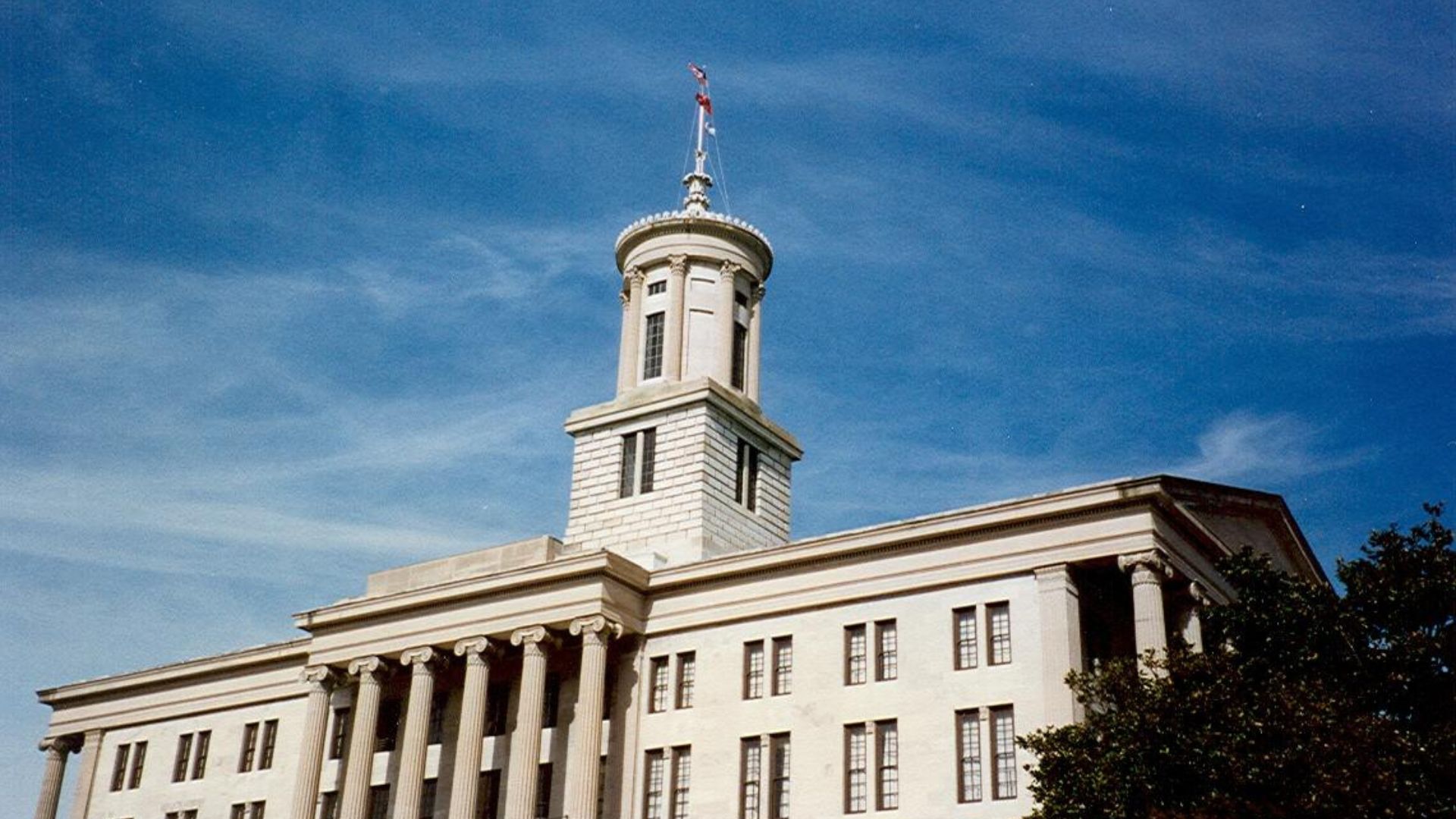
Having cleared the Senate, SB 1325 now faces the scrutiny of the Tennessee General Assembly, The Daily Mail reports.
With its fate hanging in the balance, the potential impact on Tennessee’s schools remains a question mark, leaving educators, parents, and lawmakers in a state of anticipation.
A Pioneering Approach to School Safety

Should it pass into law, Tennessee will join the ranks of 34 states that allow school personnel to be armed.
Yet, the path to carrying a concealed weapon in school is stringent, demanding extensive training and clearances.
The Rigorous Road to Responsibility
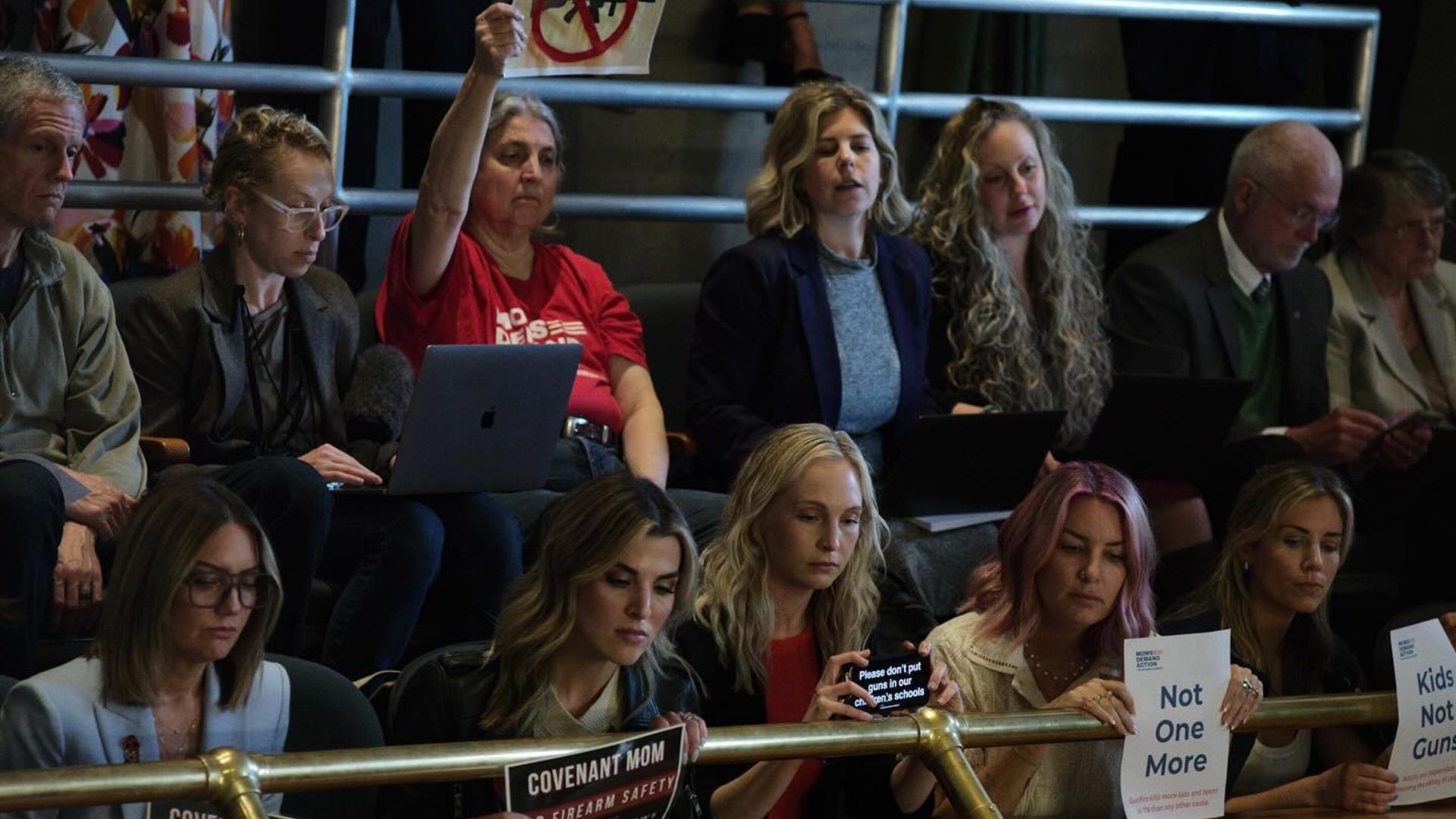
For teachers opting in, the journey includes obtaining a specialized permit, undergoing hours of police training tailored for schools, a background check, and a psychological evaluation.
These comprehensive steps are designed to equip them not just with a weapon, but with the judgment and skills necessary to use it wisely.
Limitations of the Bill
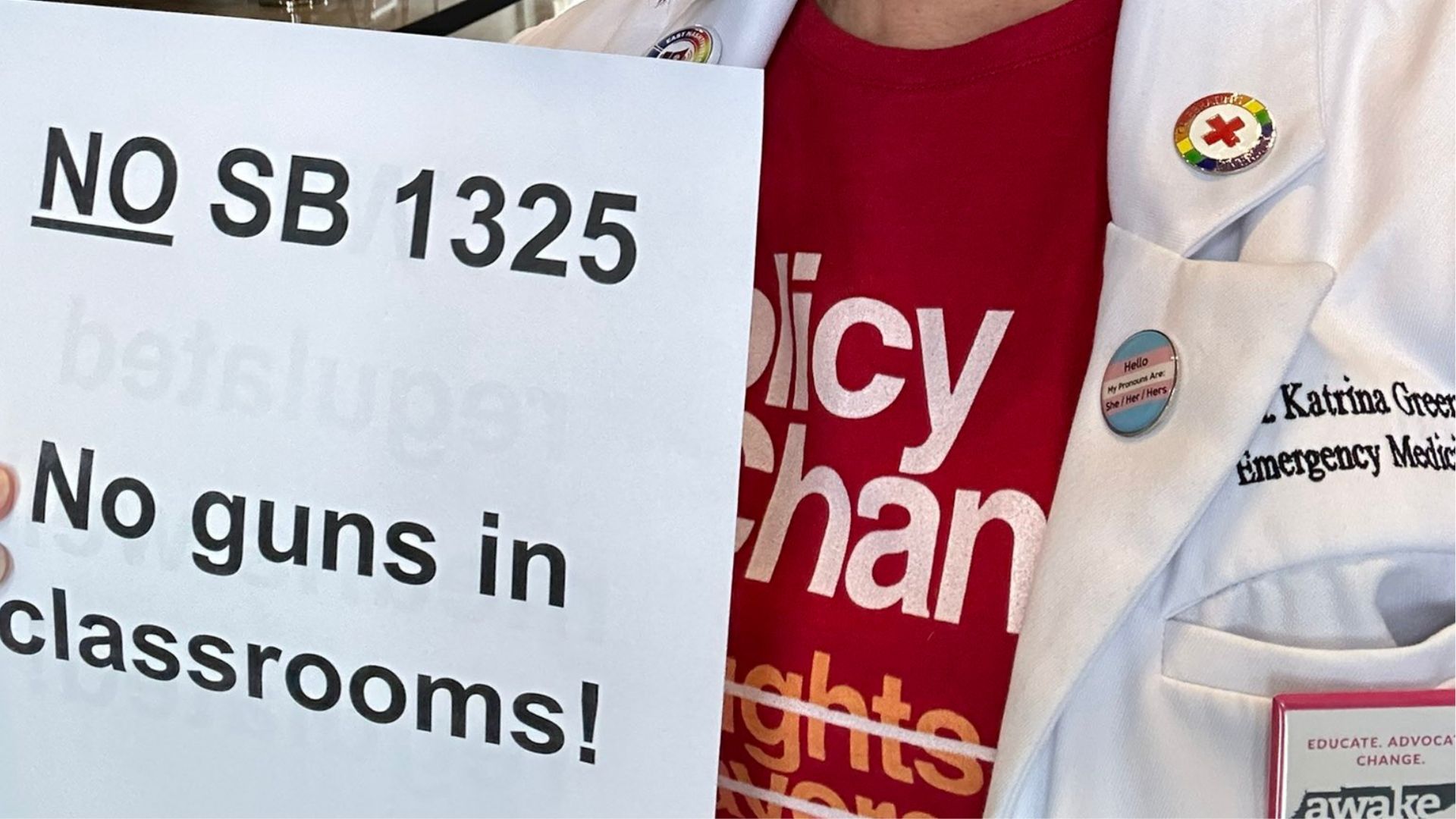
It’s important to note that the bill does not allow weapons to be carried in the open “or in any other manner in which the handgun is visible to ordinary observation.”
Additionally, weapons are not permitted to be carried in “stadiums, gymnasiums, or auditoriums when school-sponsored events are in progress.”
